Directed by Alfred Hitchcock, written by Maxwell Anderson and Angus MacPhail
We deal in horror on this site because we deal in horror in this world, and it comes in many forms. Every second of every day we’re just one flick or click or glance away from the infinite terrors we inflict on one another. We’re also just a random stroke of luck or bad decision away from experiencing some of that terror firsthand. We look into the dark to find out more, to ask ‘what’s wrong with us?’ so one day we might answer how it’s fixed.
When we look at a dark story like The Wrong Man, we’re confronted with one of the worst horrors imaginable—that of unjustly locking away a good man, a gentle person who caused no harm, and depriving him of his future, leaving him alive to stew in his misfortune. It’s worse than murder, and an injustice so terrible the spirit of our law must be that guilty men go free in order to keep innocent men from being convicted.
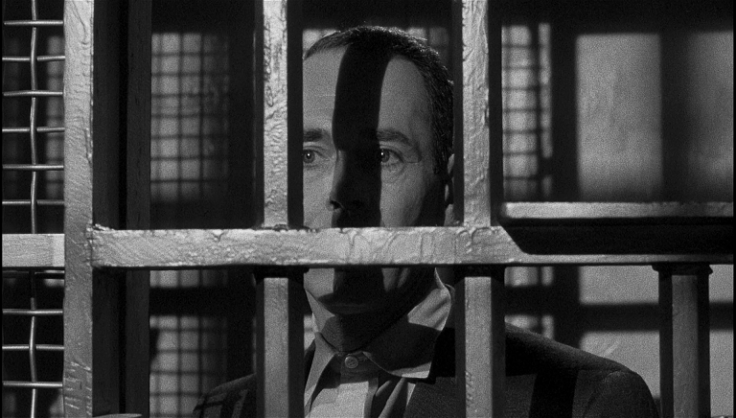
The Wrong Man tells the true story of Christopher Emmanuel Balestrero (Manny), a nightclub musician, a father and a husband. Henry Fonda’s monstrously powerful performance as Manny gives us a quiet, polite, good-natured and warmhearted man—a man who believes in telling the truth and in the fairness of the justice system, both of which assist in wrongfully convicting him.
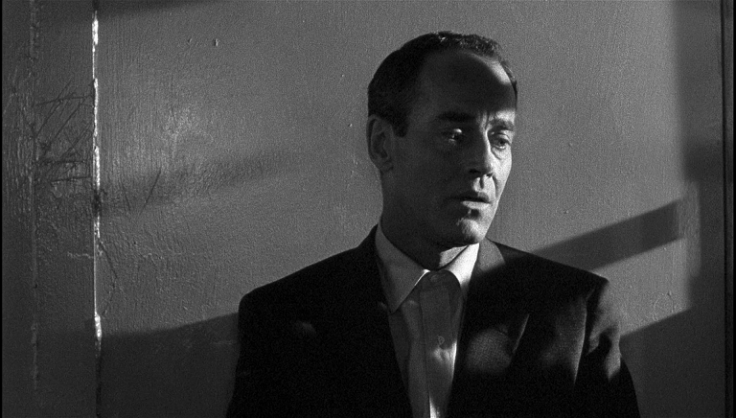
The musician walks into a bank looking for information on how much money he can borrow against his wife’s insurance policy to pay for her expensive dental work. He’s falsely identified by the tellers as a recent stick-up man and the police pick him up, believing him guilty of a string of bank, liquor and convenience store robberies.
The way Balestrero is so quickly and efficiently railroaded into prison is really quite frightening and a little too easy, too simple. The police are represented as smug, disassociated, 9-to-5 men, more interested in shuffling him into the system and continuing on their way than in serving justice. They’re not bad guys really, they just don’t care. After parading him in front of potential witnesses and disallowing any contact with his loved ones, they drum up enough evidence to formally charge him with robbery and assault.
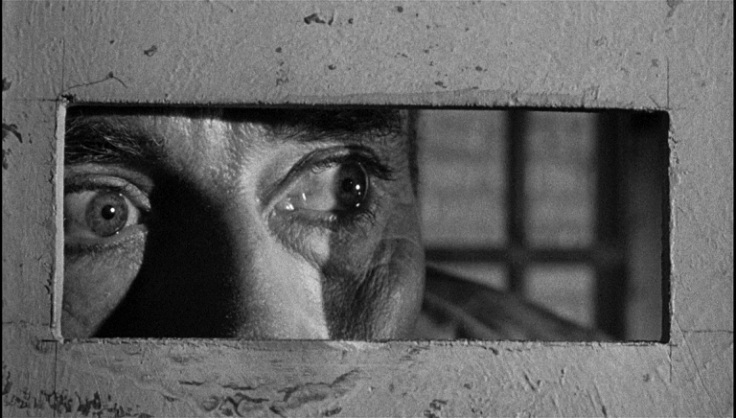
Soon the strain put upon the sweet, harmless musician begins chipping away at his spirit. When enough money is raised for his bail and he’s let out, he and his wife work over his case with a lawyer and investigate any possible alibis for the days when the robberies took place. But as lead after lead falls through, her spirit is battered while she blames herself, and the strong, supportive woman who’d been so poised at the tragedy’s outset begins losing her sanity.
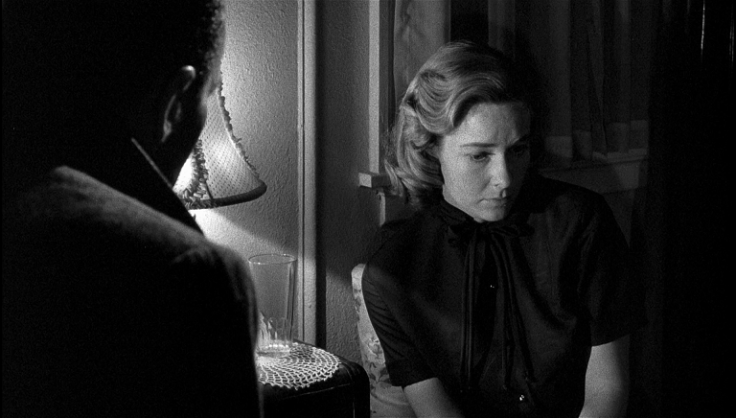
The story of Manny Balestrero is a clear reminder of the tremendous weight accusations can carry, and in this day and age of trial by public outrage, the concept is more important than ever. We leap to conclusions without knowing the story; we hear opinions and swap them for our own; we listen to this or that voice of authority and surrender our own judgement while demanding instant, righteous retribution. We forget there is no us and them; there’s just us.
This movie unsettles, then disturbs, then terrorizes, all while quietly breaking your heart.
5 stars
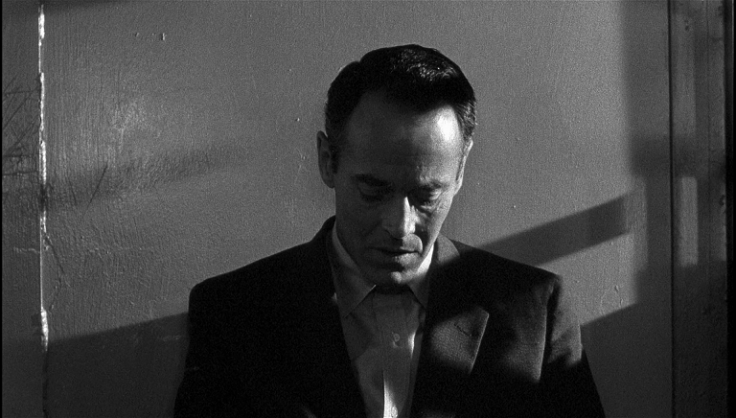







Always happy to hear from book lovers. Please feel free to comment!